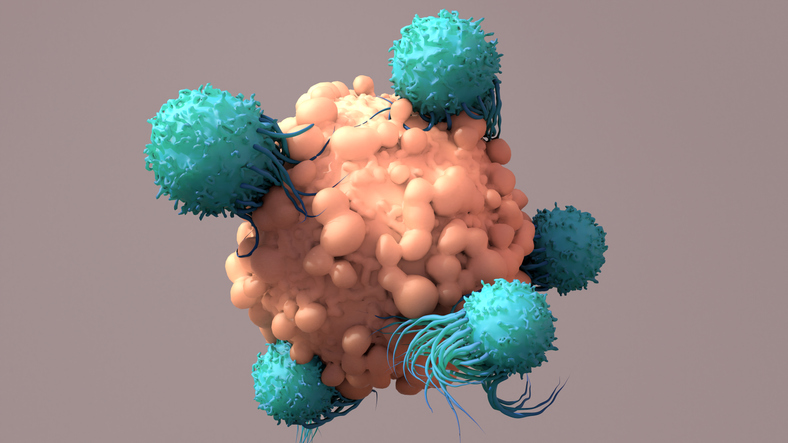Clearly documented cases of HHV-6 encephalitis have been reported, but some are missed because they were classified as ICAN or because HHV-6 testing was not performed in patients with mental status changes.
A few cases of clearly documented HHV-6 encephalitis have been reported following CAR-T cell therapy, including several using commercial CAR-T cell products. (Baird 2021, Rebechi 2021, Shah 2021, Spanjaart 2022). In each case, HHV-6 encephalitis developed after the patients received high dose steroids for presumed CAR-T cell neurotoxicity. Antiviral therapy was initiated within the first several days after onset of encephalitis symptoms for 3 of these 4 patients, of whom one made a full recovery and two experienced persistent sequelae. In one case, the patient did not receive antiviral therapy until 13 days after onset of encephalitis symptoms; he did not make a meaningful recovery in his cognition before his death.
The patients have experienced acute memory loss, altered mental status, and seizures, beginning as early as 6 days following the treatment. Intensive care, sometimes with intubation and mechanical breathing support, were necessary.
Spinal fluid revealed mild lymphocytic pleocytosis and HHV-6 DNA that was reduced by antiviral therapy. Electroencephalogram often revealed temporal abnormalities. MRI often revealed hyperintense lesions in the medial temporal lobe (particularly the amygdala and hippocampus), which sometimes would progress to atrophy of the hippocampus. Even after treatment had cleared the virus from the spinal fluid, there were residual neurological deficits.
Thus, reactivation of HHV-6B can cause encephalitis following CAR-T cell therapy, and might be a more frequent cause of cognitive deficits following such therapy than is currently diagnosed.
Differences between HHV-6 infection and ICANS “neurotoxicity” after CART-T therapy include:
- ICANS occurs earlier, within the first 3-10 days whereas HHV-6 encephalitis occurs within the first 21 days.
- Seizures are common with HHV-6 encephalitis but not with ICANS
- ICANS may occurs rapidly over hours to days, whereas HHV-6 encephalitis often progresses over several days. (Rebechi 2021)
Read the full paper: Lareau 2023

